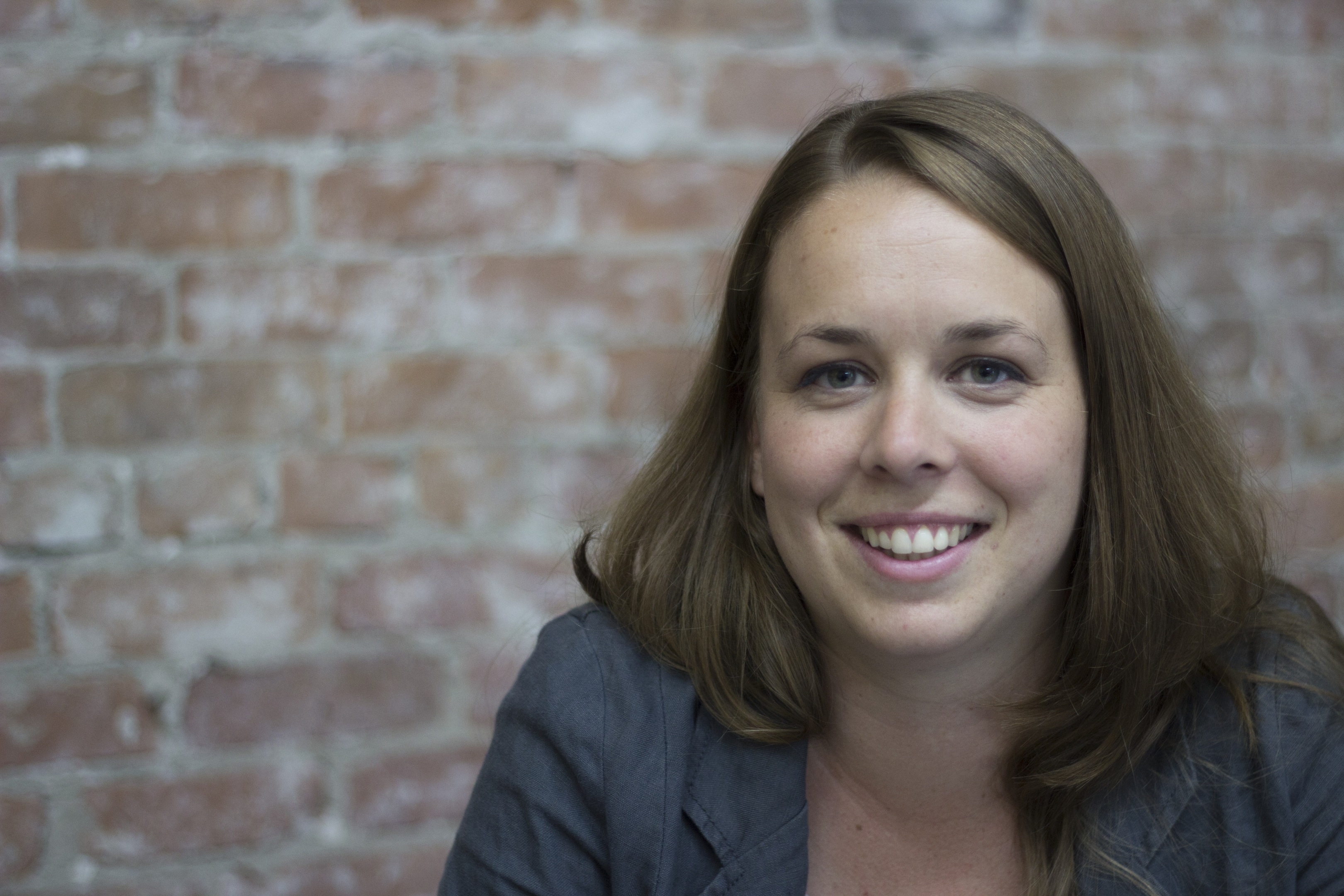MONTREAL (CUP) — Despite a Parti Québécois victory in last week’s provincial election, student leaders say the movement is far from over.
“This is not a complete victory,” said Éliane Laberge, president of the Fédération étudiante collégiale du Québec. “It’s going to be a complete victory when the Parti Québécois is going to cancel the tuition fee increases.”
Also, speaking at the election result party hosted by two of the largest student federations, Fédération étudiante universitaire du Québec President Martine Desjardins expressed doubt that the election would put an end to student demonstrations.
“It’s only a baby step,” she said. “This is not the end of the mobilization. Our goal is not obtained yet; we need a resolution and a real outcome.”
Jérémie Bédard-Wien, an executive of Coalition large de l’Association pour une solidarité syndicale, said that for students the main course of action in the coming days would be to “keep the pressure on the government” to ensure the PQ follows through on its promises concerning education.
“The Liberal hike has been cancelled however the PQ’s vision is very similar to the Liberals and we expect them to propose an indexation of the fees on the cost of living. This is not something that we consider acceptable,” said Bédard-Wien on the PQ’s proposed education policies.
The day after the election, Premier-designate Pauline Marois stated in a press conference her intention to order by decree the abolition of the Charest government’s tuition hike, to abolish the controversial Law 12 and convene a summit meeting to discuss higher education. The same day Marois reportedly called Desjardins personally to state the importance of settling the student conflict.
Whether the PQ will be able to implement its promises remains to be seen according to Concordia political science professor Harold Chorney who specializes in public finance and policy.
The economic viability of abolishing the tuition hike is realistic to Chorney, but he noted that the details of the “financing formula” could cause problems — particularly if the province’s budget, passed by the National Assembly every March, runs a deficit as a result.
“Governments have to present and get approved in the assembly a budget and if you stand outside of the budget you are in political trouble,” said Chorney.
Marois promised to abolish the tuition hike through an order in council, a process that, theoretically, could be issued by the minister of education unilaterally.
“It’s an interesting gambit that Pauline Marois is going to try to play and something I actually agree with — I think there ought to be what she suggests, a tuition fee hike freeze until they figure out a better way of financing higher education. That’s a good idea — but that doesn’t mean that’s going to be politically winnable.”
Marois’ final promise in her first address as premier-designate was a promise to convene a summit on higher education — a step that university rectors and staff have wanted to take for years, according to Concordia University political science professor Guy Lachapelle.
“We never had the debate about the place of education in our society and I think that’s very important,” he said. “I think it will be very interesting to watch – to see who’s nominated to be the chair, to sit on the commission,” Lachapelle added. The details of the summit have yet to be made public.
The upcoming summit will be the next major focus for CLASSE as it will be a key opportunity to communicate the associations’ plan for education, said CLASSE executive Bédard-Wien.
“We’ve always fought for a radically different vision of education — education free from tuition and from the corporatization — and so we’ll keep fighting against that and so, of course, the summit is a crucial point in that strategy,” he said.
According to Bédard-Wien, the real victory for the student movement is the central role issues and debates around education assumed throughout the general student strike.
“The strength that we built through leverage in numbers allowed us to put these debates on the political map and the fear that such momentous times in Quebec society will replicate itself is the main reason why the PQ is actually following up on these promises now,” he said.
